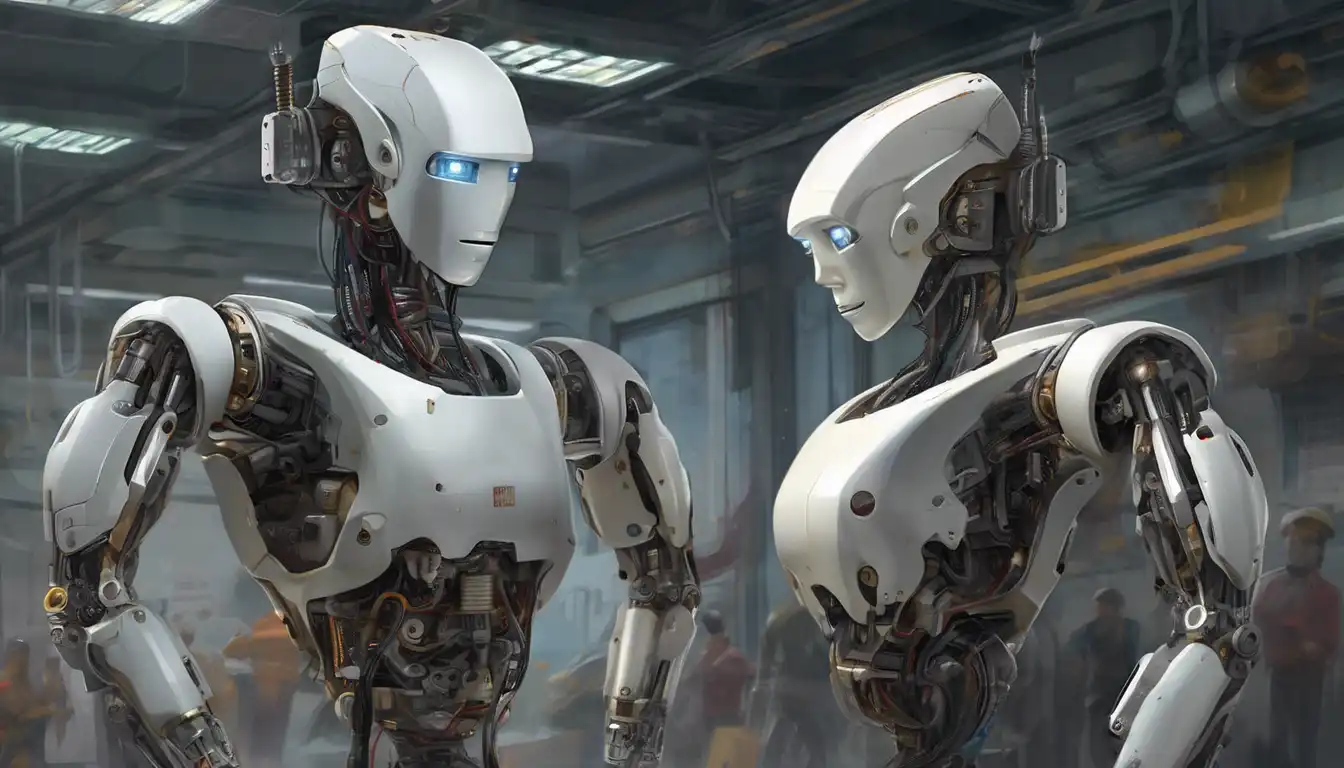The Moral Dilemmas Posed by Autonomous Robots
In the rapidly evolving world of technology, autonomous robots have become a cornerstone of innovation. These self-operating machines, powered by artificial intelligence (AI) and machine learning, are transforming industries, from manufacturing to healthcare. However, as their capabilities expand, so do the ethical questions surrounding their use. This article delves into the moral landscape of autonomous robots, exploring the challenges and considerations that come with their integration into society.
Understanding Autonomous Robots
Autonomous robots are machines capable of performing tasks without human intervention. They rely on AI to process information from their environment and make decisions. While this technology offers unparalleled efficiency and precision, it also raises significant ethical concerns, particularly regarding accountability, privacy, and the potential for misuse.
Key Ethical Concerns
The deployment of autonomous robots introduces several moral dilemmas:
- Accountability: In the event of a malfunction or accident, determining liability can be complex. Is it the manufacturer, the programmer, or the user who is responsible?
- Privacy: Robots equipped with surveillance capabilities can infringe on individual privacy rights, leading to debates over surveillance and data protection.
- Autonomy vs. Control: The level of independence granted to robots poses questions about human oversight and the potential for robots to act against human interests.
- Employment Impact: The automation of jobs by robots could lead to significant job displacement, raising concerns about economic inequality and the future of work.
Navigating the Ethical Landscape
Addressing these ethical concerns requires a multidisciplinary approach, involving technologists, ethicists, policymakers, and the public. Establishing clear guidelines and regulations is crucial to ensure that the development and use of autonomous robots align with societal values and norms. For more insights into the role of AI in society, explore our article on The Impact of Artificial Intelligence on Modern Society.
Conclusion
As autonomous robots become increasingly integrated into our daily lives, the ethical implications of their use cannot be overlooked. By fostering open dialogue and collaboration across sectors, we can navigate the moral challenges they present and harness their potential for the greater good. The journey toward ethical autonomy is complex, but with careful consideration and responsible innovation, it is possible to achieve a balance between technological advancement and moral integrity.
